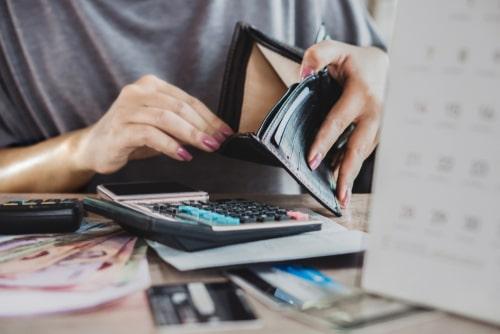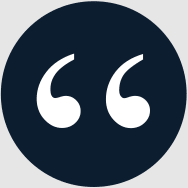How Can Chapter 13 Bankruptcy Address Home Mortgages or Car Loans?
 If you have large debts, and you have experienced financial difficulties that have affected your ability to repay what you owe, you are likely to be concerned about how to handle these issues. If you default on your mortgage or fail to make payments toward an auto loan, you may be facing foreclosure or the repossession of your vehicle. Fortunately, you have options for debt relief, including filing for bankruptcy. However, you may be uncertain about how bankruptcy will affect loans for your home and vehicles, and you will most likely want to determine how you will be able to avoid the loss of your property. In these cases, Chapter 13 bankruptcy may be your best option. By understanding how different types of debts will be handled in this type of bankruptcy, you can ensure that you will be able to achieve an outcome to your case that will protect your financial security.
If you have large debts, and you have experienced financial difficulties that have affected your ability to repay what you owe, you are likely to be concerned about how to handle these issues. If you default on your mortgage or fail to make payments toward an auto loan, you may be facing foreclosure or the repossession of your vehicle. Fortunately, you have options for debt relief, including filing for bankruptcy. However, you may be uncertain about how bankruptcy will affect loans for your home and vehicles, and you will most likely want to determine how you will be able to avoid the loss of your property. In these cases, Chapter 13 bankruptcy may be your best option. By understanding how different types of debts will be handled in this type of bankruptcy, you can ensure that you will be able to achieve an outcome to your case that will protect your financial security.
Chapter 13 Repayment Plans, Lien Stripping, and Cramdowns
In a Chapter 13 bankruptcy, you usually will not be required to turn over any property you own, so this may be the best option to ensure that you can avoid the loss of your home, vehicles, or other items. During the bankruptcy process, a repayment plan will be created that will last between three and five years. The amount you pay will be based on your disposable income, or the amount that is left over after you pay your regular living expenses and make payments toward secured debts such as your mortgage or auto loans. After completing the repayment plan, your unsecured debts (such as credit cards or medical bills) will be discharged. If you make all required payments toward secured debts while also making all payments in the repayment plan, you will be able to retain ownership of your property.
If you have gotten behind on payments on secured debts, the missed payments and any related fees may be included in your Chapter 13 repayment plan. This will ensure that you will be able to become current on payments toward these loans. Some other options may also be available to reduce or eliminate certain debts. These include:
-
Lien stripping – If you have a second or third mortgage on your home or a home equity line of credit, you may be able to “strip off” these debts and have them eliminated during the bankruptcy process. This option is usually only available if your home is “underwater,” meaning that the actual value of your home is lower than the amount you owe on your first mortgage. When junior mortgages are stripped off, they will be reclassified as unsecured debts, and they may be discharged once you have completed your repayment plan.
-
Cramdowns – For loans on property other than your home, you may owe more than what the property is actually worth. In these cases, you may be able to reduce the amount owed to the actual value of the collateral used to secure the loan. For example, if you still owe $10,000 on an auto loan, but the resale value of the car is $8,000, the amount you owe toward that loan may be reduced to $8,000.
Contact Our Rockland County Chapter 13 Bankruptcy Lawyer
If you are considering bankruptcy, you will need to understand whether Chapter 13 is the preferable option and the steps you can take to minimize your debts and make sure you will be in a good financial position going forward. At the Law Offices of Robert S. Lewis, P.C., we can advise you on the best steps you can take to receive relief from your debts, and we will make sure you follow the correct procedures when filing for bankruptcy. Contact our Hudson Valley bankruptcy attorneys at 845-358-7100 to arrange a confidential consultation.
Sources:
https://www.uscourts.gov/services-forms/bankruptcy/bankruptcy-basics/chapter-13-bankruptcy-basics
https://www.rocketmortgage.com/learn/how-bankruptcy-affects-mortgages
https://www.investopedia.com/terms/c/cramdown.asp


